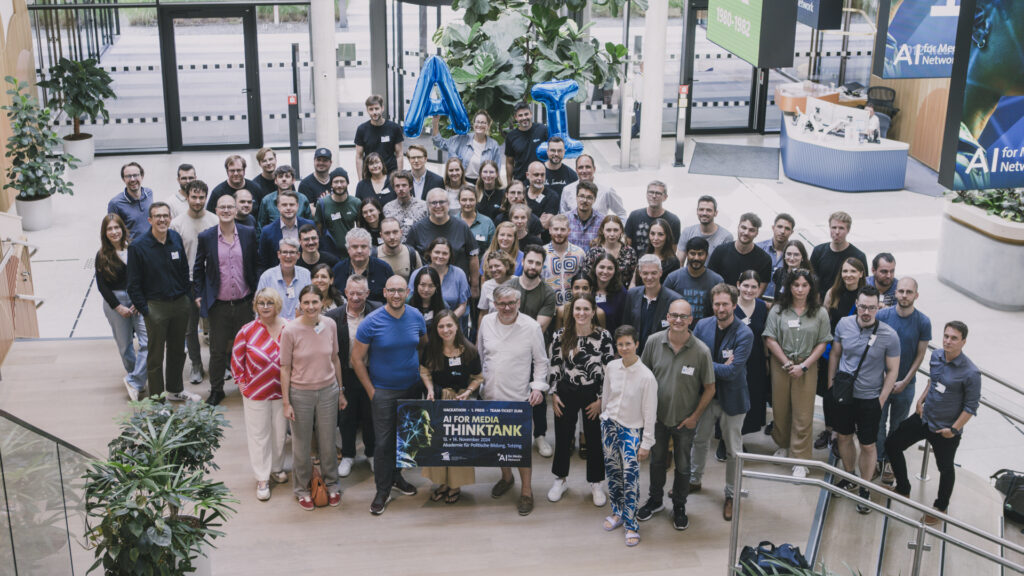In 2024, the AI for Media Network, initiated by Bayerischer Rundfunk (BR), focused on exploring how artificial intelligence can enhance journalism. The network’s dedication to this mission has garnered significant interest, as evidenced by the keen participation in its events.
Launched in January 2024, the AI for Media Network aims to investigate how AI can improve journalism, not as an end in itself but by solving specific problems and streamlining workflows. This practical approach includes showcasing AI usage by editorial teams and organizing hackathons to collaboratively develop AI solutions for editorial use. “The AI for Media Network is about hands-on collaboration on AI for journalism and building an AI ecosystem centered on quality information and public service ethics,” says Uli Köppen, Chief AI Officer at BR.
The network is interdisciplinary, bringing together experts in AI strategy, product development, software development, machine learning, UX design, and data science from public and private broadcasting, publishing houses, universities, and the AI industry. While most members are from Germany, there are also participants from Austria and Switzerland. Co-organized by BR and Ippen Digital, the network’s events are designed to be highly practical.
Practical Events
The network commenced with a “Science meets Journalism” workshop in January, fostering connections between science and journalism. Subsequent meetups featured editorial teams demonstrating their AI applications, such as using AI to create radio news.
The first meetup, hosted by Ippen Digital, focused on how editorial teams use language models for text production. The second, held at BR, addressed quality control of AI-generated content.
A significant event in July was a hackathon co-hosted with Microsoft and Pub, concentrating on automated workflows and generative AI in media production. This hackathon led to the creation of the “Second Opinion” tool, where one AI verifies the accuracy of messages generated by another AI against the source. BR’s AI + Automation Lab further developed and released this tool as open-source code.

In November, a two-day conference at the Academy for Political Education in Tutzing gathered 60 experts from product development, editorial management, academia, and technology to discuss how media can prepare for an AI-driven future in information production, distribution, and consumption. Key challenges included providing content as data and tailoring journalistic products to user needs. The outcomes will be published in a whitepaper in collaboration with Media Lab Bayern in February 2025.
On December 11th, we introduced a new format by hosting our first online meetup. During this session, we delved into three distinct topics: fine-tuning large language models (LLMs), an AI-assisted geolocation service that operates using natural language prompts, and three code assistant services designed to expedite app development.
High Attendance and Positive Feedback
The events received overwhelmingly positive feedback, with 60 to 100 attendees at in-person events and 127 participants at our first online meetup. Attendees appreciated the practical focus, depth of content, and networking opportunities.
Over 580 individuals have subscribed to the network’s newsletter for updates. You can subscribe to the newsletter here.
Plans for 2025: Meetups, Hackathon, and Whitepaper
The AI for Media Network has ambitious plans for 2025. The first meetup on February 26 at Ippen Digital will coincide with the release of the whitepaper on AI innovations in journalism. Additional network events are planned outside Munich, with Cologne and Vienna as potential locations, along with several online meetups. Another hackathon is scheduled for May 6-7 at Google’s Munich offices to explore the evolving unit of news in the AI era.
For inquiries or participation interest, please contact Project Manager Bernd Oswald at aiformedia@br.de.